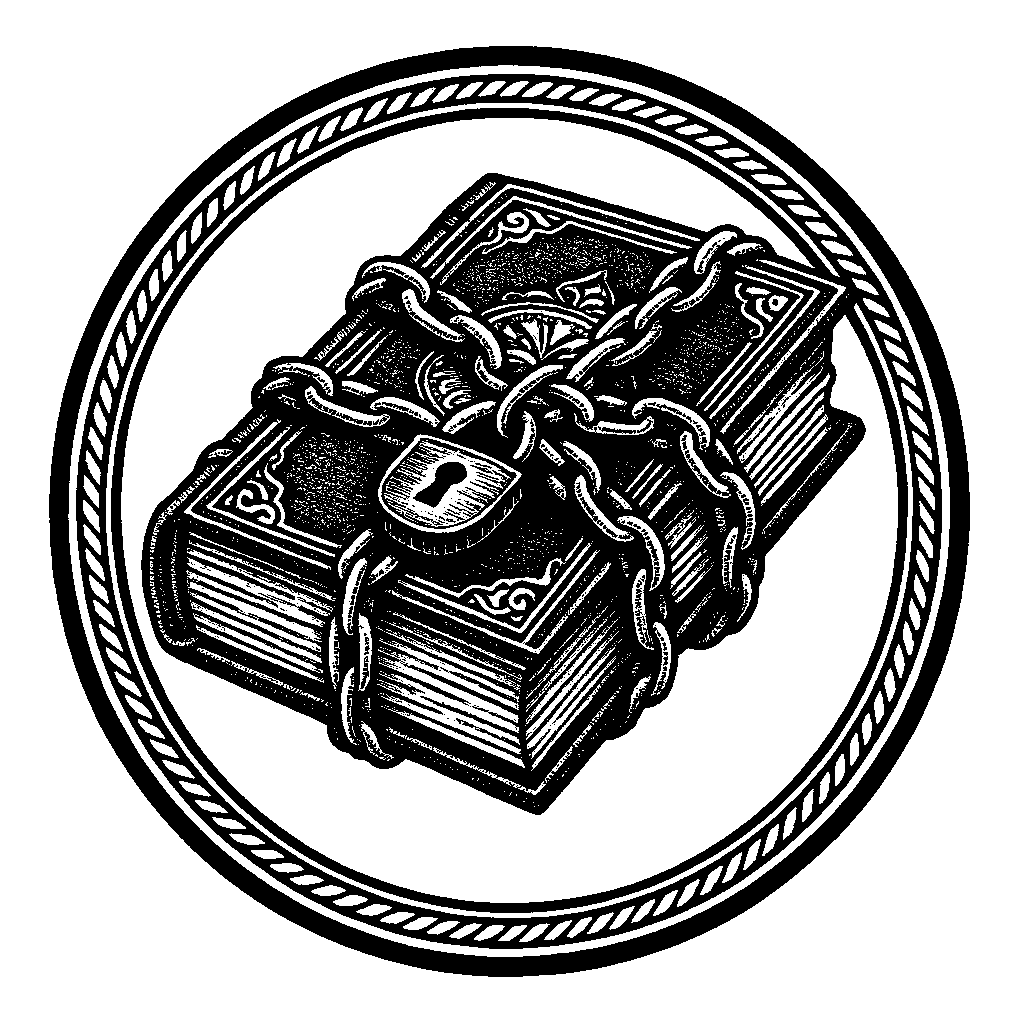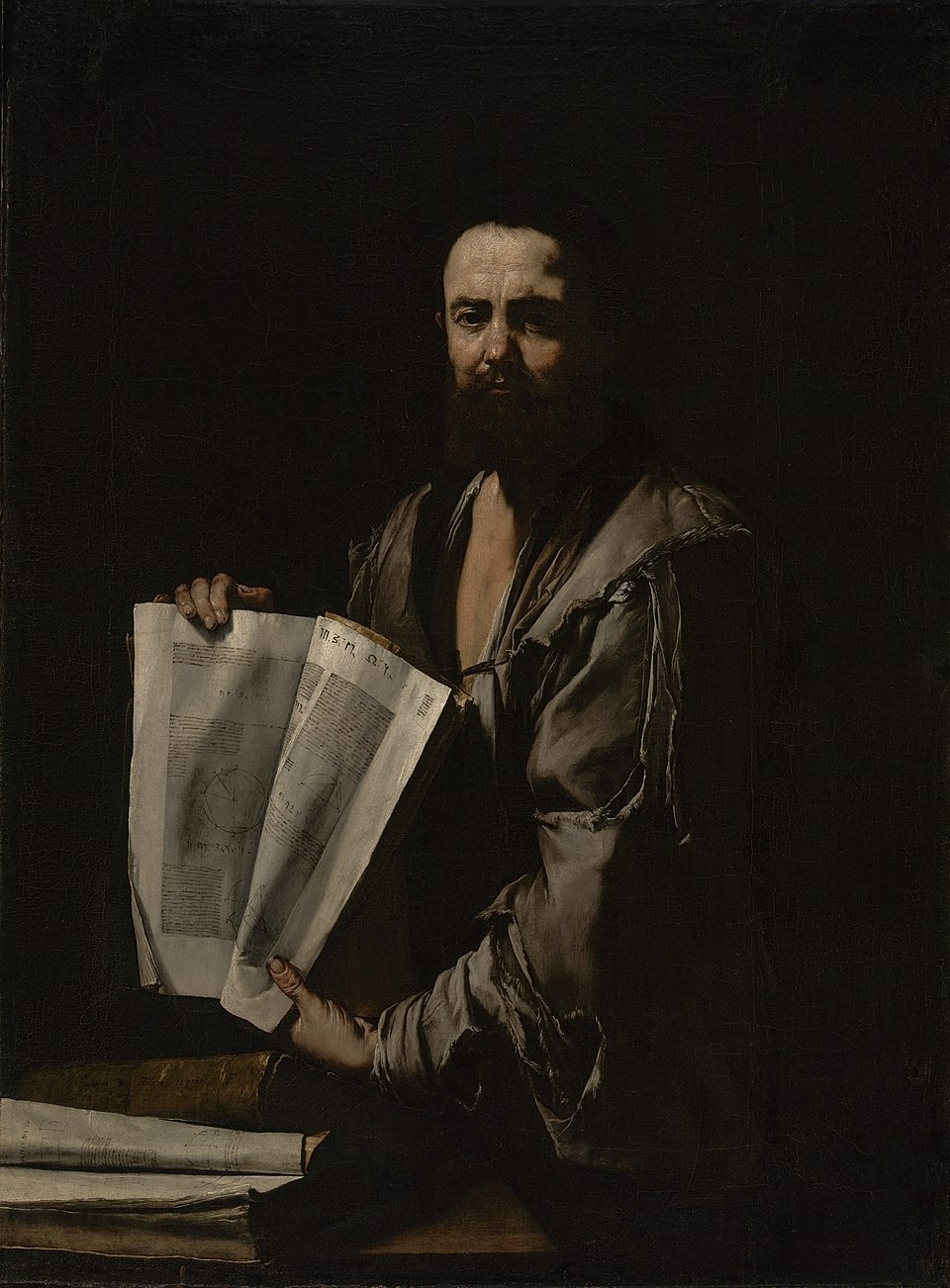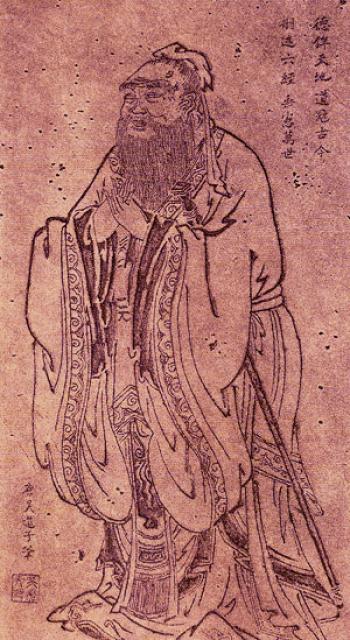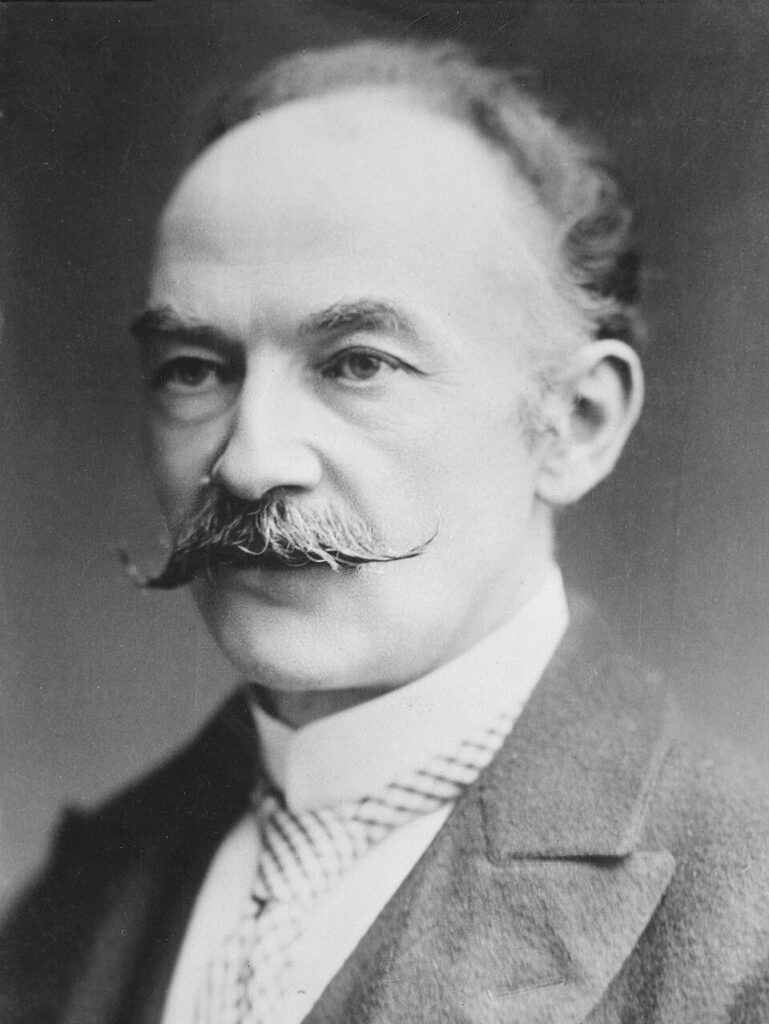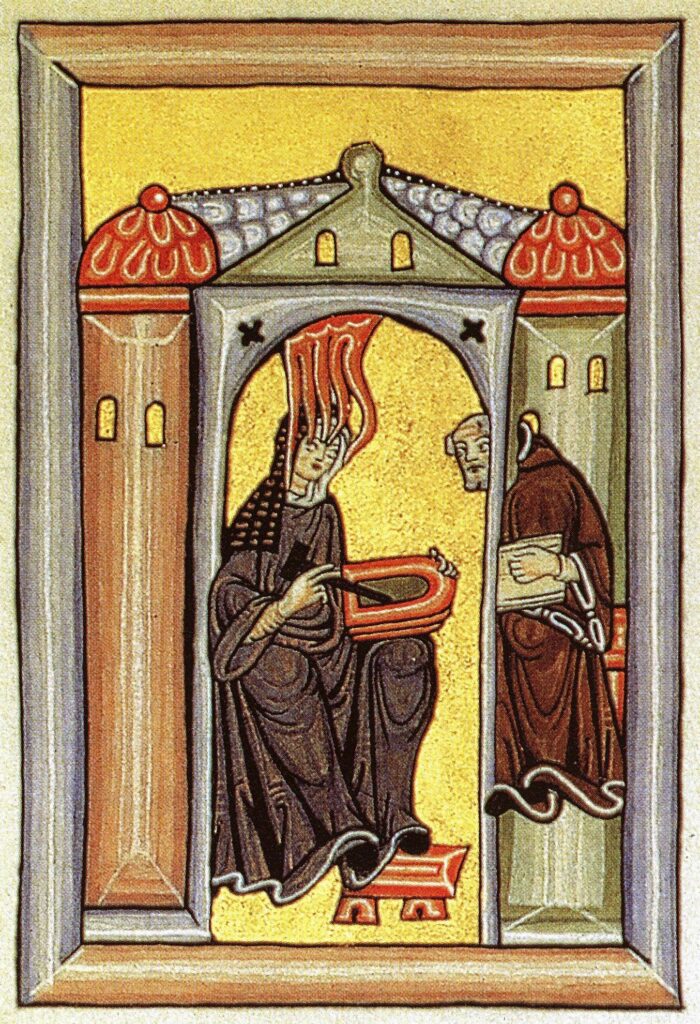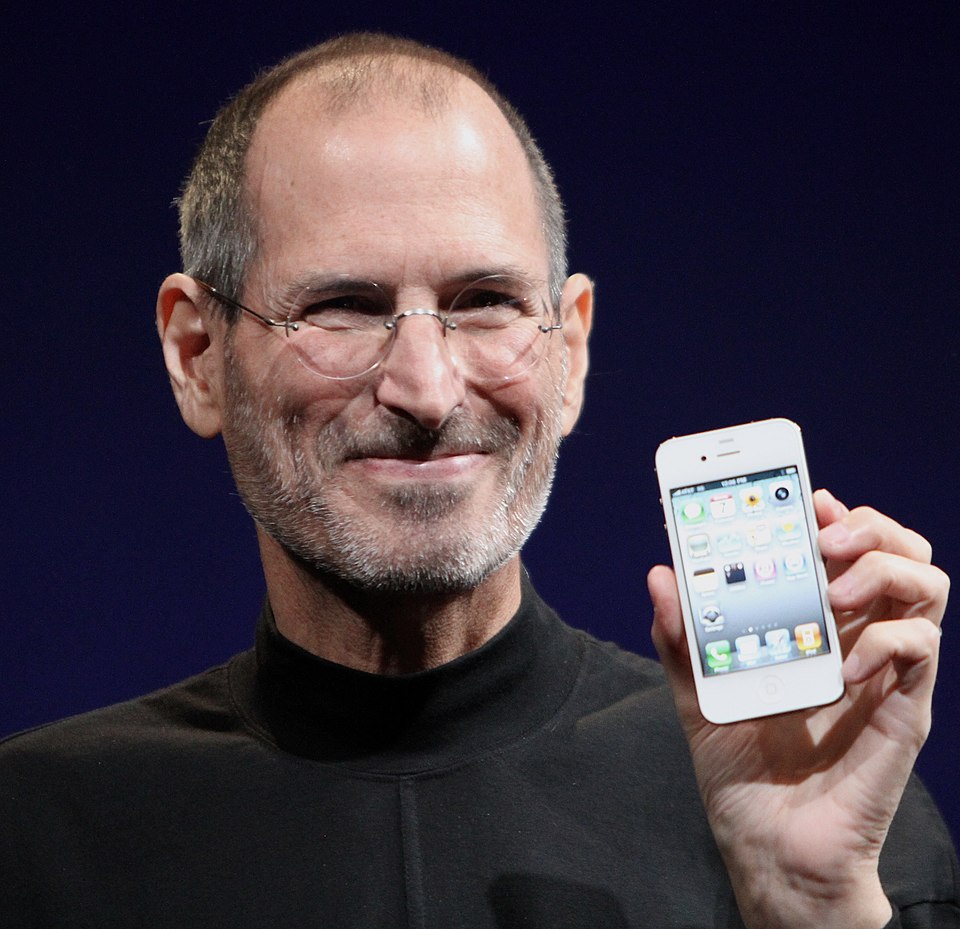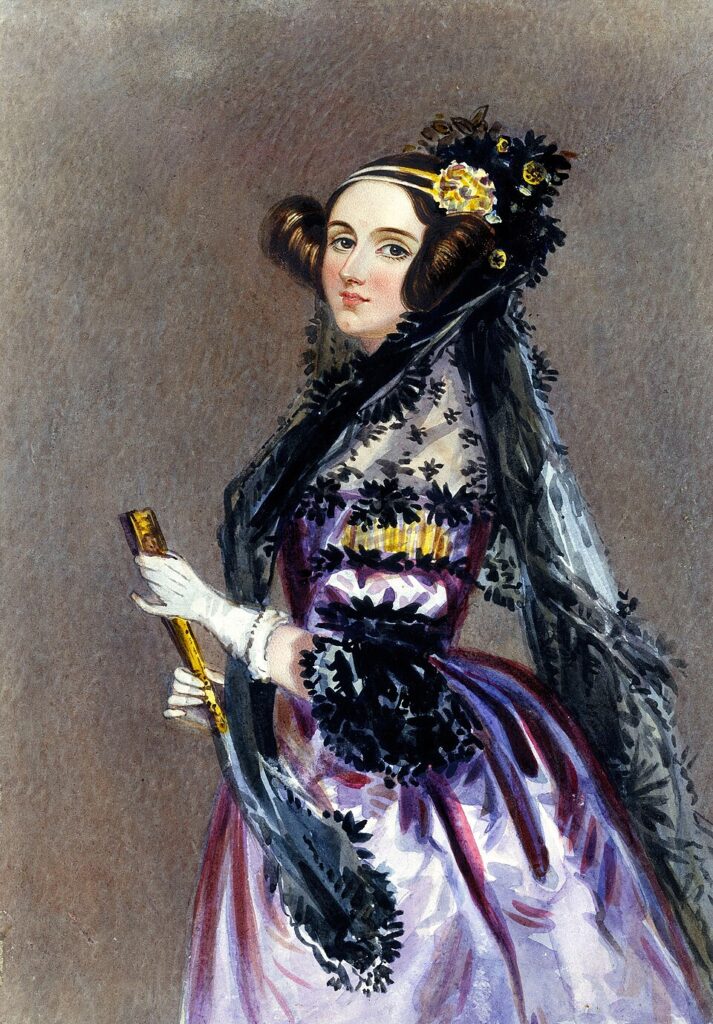For the four disciplines promoted on this site, plus two more that I know will meet with great demand, I am devising a curriculum designed to take you from the status of an eager beginner to someone with the knowledge and skills expected of a baccalaureate in that subject. These are meant to go hand-in-hand with the reading lists also presented on this site. (Reading lists for computer science and business will be presented on those pages. I consider these “higher arts” that build on your understanding of the liberal arts shown here, and I urge you to pursue a liberal art at least through level 200 before pursuing a higher art. Aspiring computer scientists should choose mathematics; aspiring business professionals can choose any liberal art.)
As with the reading lists, click on the name of the discipline you want to explore for its relevant curriculum, presented in the form of a series of modules.
Underlying all of the modules below is my general education curriculum that provides you with a firm grounding in the trivium and some carefully selected modern subjects. You should follow the general education curriculum before embarking upon one of the below disciplines if you haven’t had any prior exposure to its material outside of high school.
Representing each area of endeavor is a particularly influential figure. For math, I have chosen a depiction of the Ancient Greek geometer Euclid, the father of what is now called Euclidean geometry in his honor. For philosophy, I selected Kong Fuzi (孔夫子, better known as Confucius in the West), one of the fathers of Chinese philosophy. For literature, I selected Thomas Hardy, my favorite British author. For computer science, I selected Ada, Countess of Lovelace, commonly held to be history’s first computer programmer. For general business, I selected Steve Jobs, the cofounder and former CEO of Apple, my favorite tech company. Finally, for linguistics, I chose St. Hildegard of Bingen, the master of sacred monophony from the Middle Ages and an early creator of an artificial language (making her, for my purposes, the founding mother of the craft of language construction, otherwise known as conlanging).
The curricula presented here have been created with the outside influence of major universities around the world as well as my own ideas. Some of the sources I used to start these lists include:
- My own experience as a university student (especially for the general education, business, math, and computer science courses),
- University courses of study, particularly those created by schools that are experienced in distance learning (such as Thomas Edison State University, Southern New Hampshire University, and American Public University),
- Recommendations from fellow academics, and
- Recommendations given to me by ChatGPT, which are more often than not inspired by the above but – as with the reading lists – in a form which allows me to be lazy.
If you have a recommendation to add here, please send email to wae@vsdev.org and I will review your suggestion. I would be delighted to hear from you.
